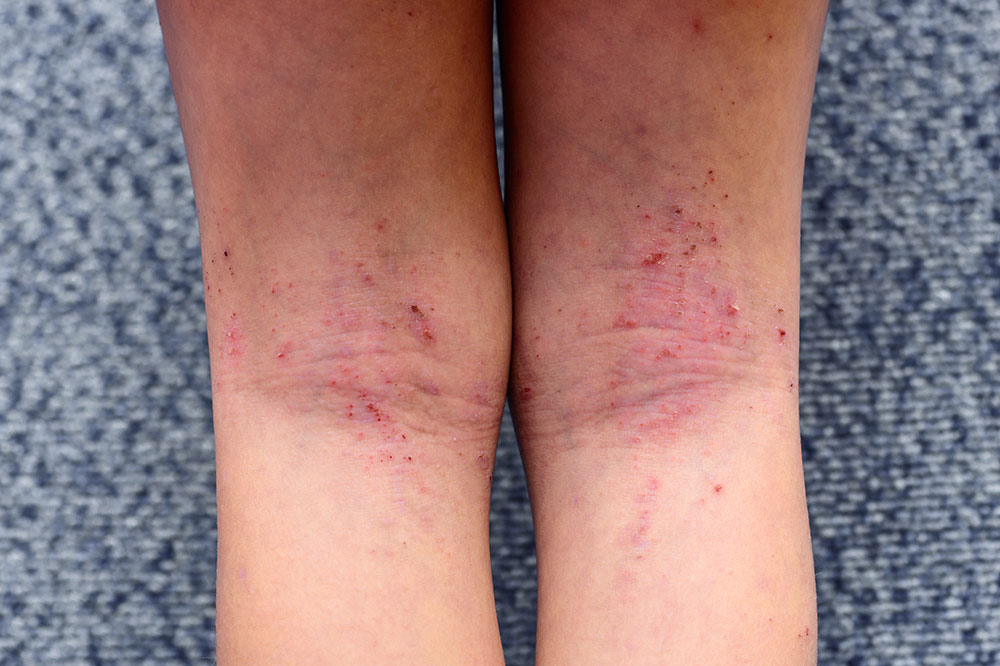
Atopic Dermatitis Aggravators
Atopic dermatitis is a chronic skin problem used to describe numerous skin conditions that cause itchy, patchy, irritated, cracked, and red skin. It is an inflammatory disease. The term atopic refers to a condition caused by allergic reactions. Atopic dermatitis usually affects people at an early age. Even older people can get diagnosed with this disease. Although appropriate treatment is essential to reduce its symptoms, avoiding atopic dermatitis aggravators can be beneficial.
1. Inflammatory foods
If you have atopic dermatitis, inflammatory foods can become your biggest enemy. Hence, maintaining a diet consisting of anti-inflammatory foods can prove useful. Your insulin levels increase when foods containing refined carbohydrates and sugar are consumed, which can, in turn, cause inflammation. Some foods that can cause inflammation include vegetable and seed oils, high-fructose corn syrup, and refined carbohydrates.
2. Foods high in nickel
Patients with atopic dermatitis are advised to exclude foods containing a high amount of nickel, such as chocolate, seeds, soybeans, black tea, lentils, beans, and peas. Nickel can become the cause of several symptoms of atopic dermatitis, including rashes, irritation, and redness on your skin.
3. Foods that trigger oral allergy syndrome
As allergens are the primary cause behind this skin condition, it is no surprise that foods that trigger allergy among people sensitive to pollen are considered atopic dermatitis aggravators. Some foods that people with pollen allergies are sensitive to include hazelnuts, pears, green apples, carrots, and celery. You need to consult a doctor to confirm whether you are allergic to pollen or a specific food item.
4. Allergens
Antibodies present in a person with atopic dermatitis are considerably higher than those in other people. Hence, the possibility of your body having an allergic reaction is also more. Some of these conditions may be asthma, rhinitis, and hay fever. Foods that are known to cause allergic reactions are chocolate, gluten, citrus foods, and fish. So, they need to be avoided.
Work on an elimination diet to better understand which food results in an allergic reaction for you. Make sure that you intake all sorts of nutrients, so even if you eliminate a particular food, an alternative is included in its place. Take the help of a nutritionist to guide you through the process.
5. Alcohol
A clear link between atopic dermatitis and alcohol has not been established. However, it is found that if you are suffering from eczema, consumption of alcohol further deteriorates your condition. Regardless of any skin condition, alcohol results in inflammation, which can further lead to facial flushing and dehydration. Such conditions can harm your skin, especially if you have atopic dermatitis. Hence, it is advisable to avoid alcohol if you are suffering from this skin problem.



